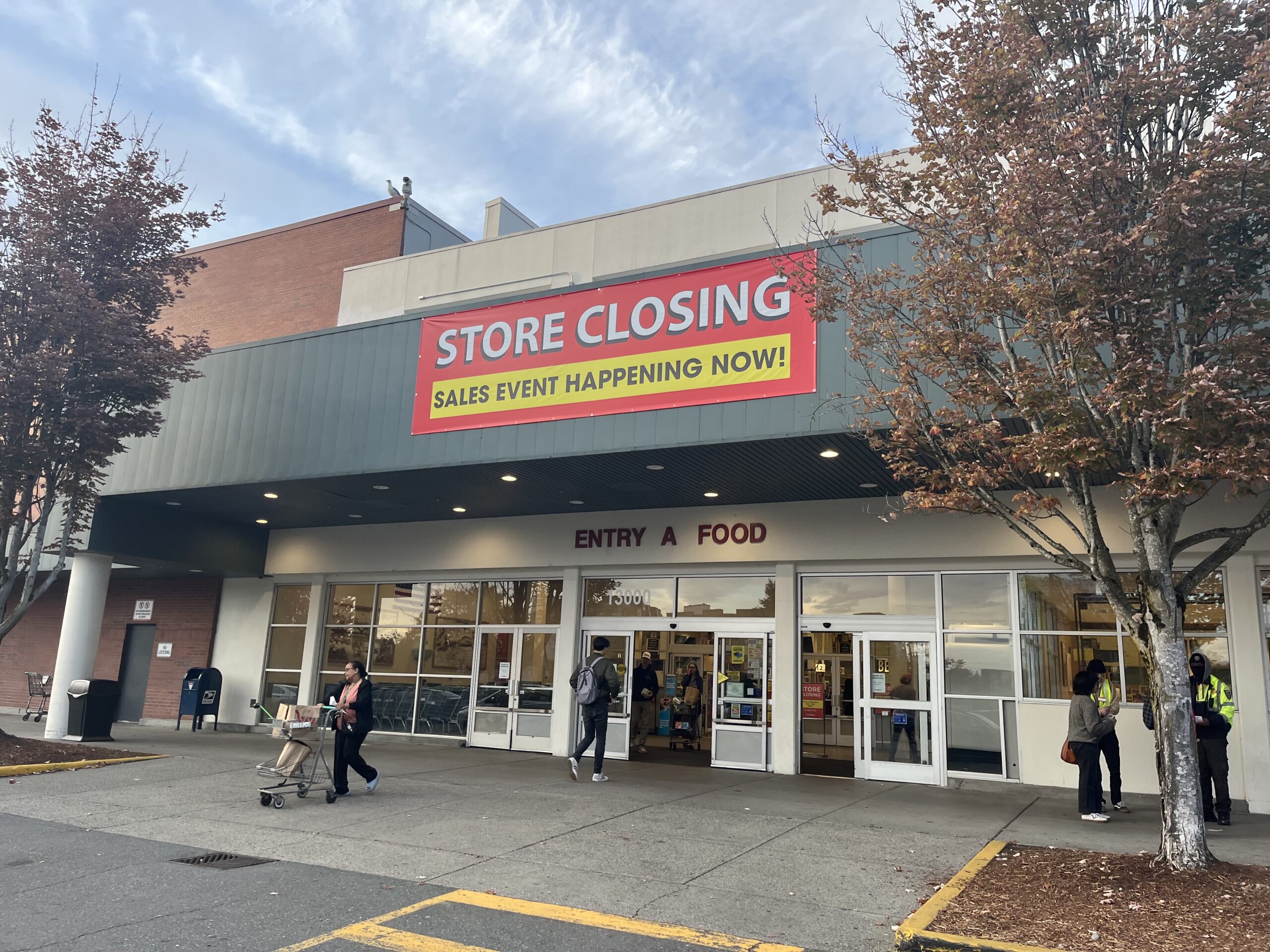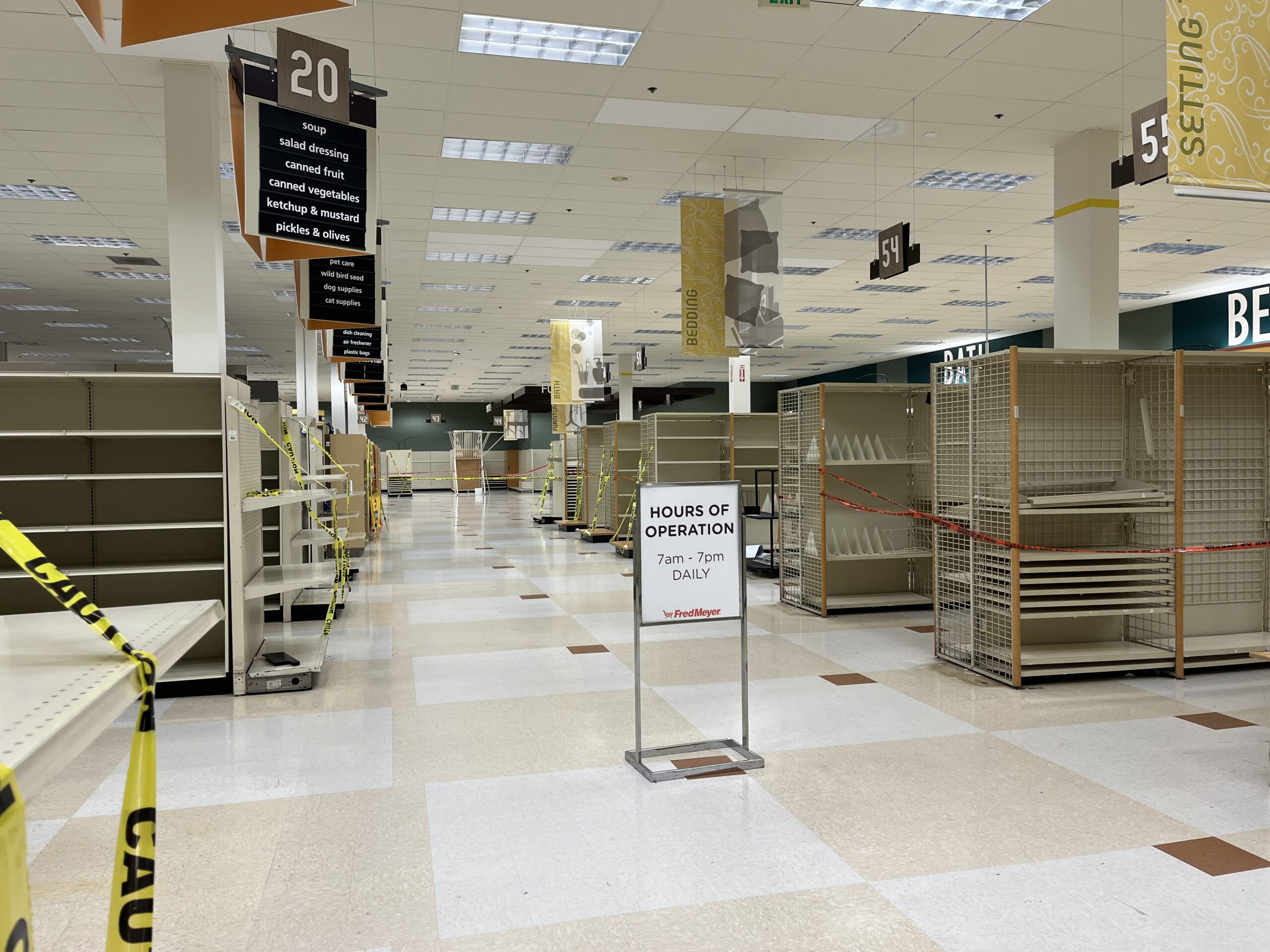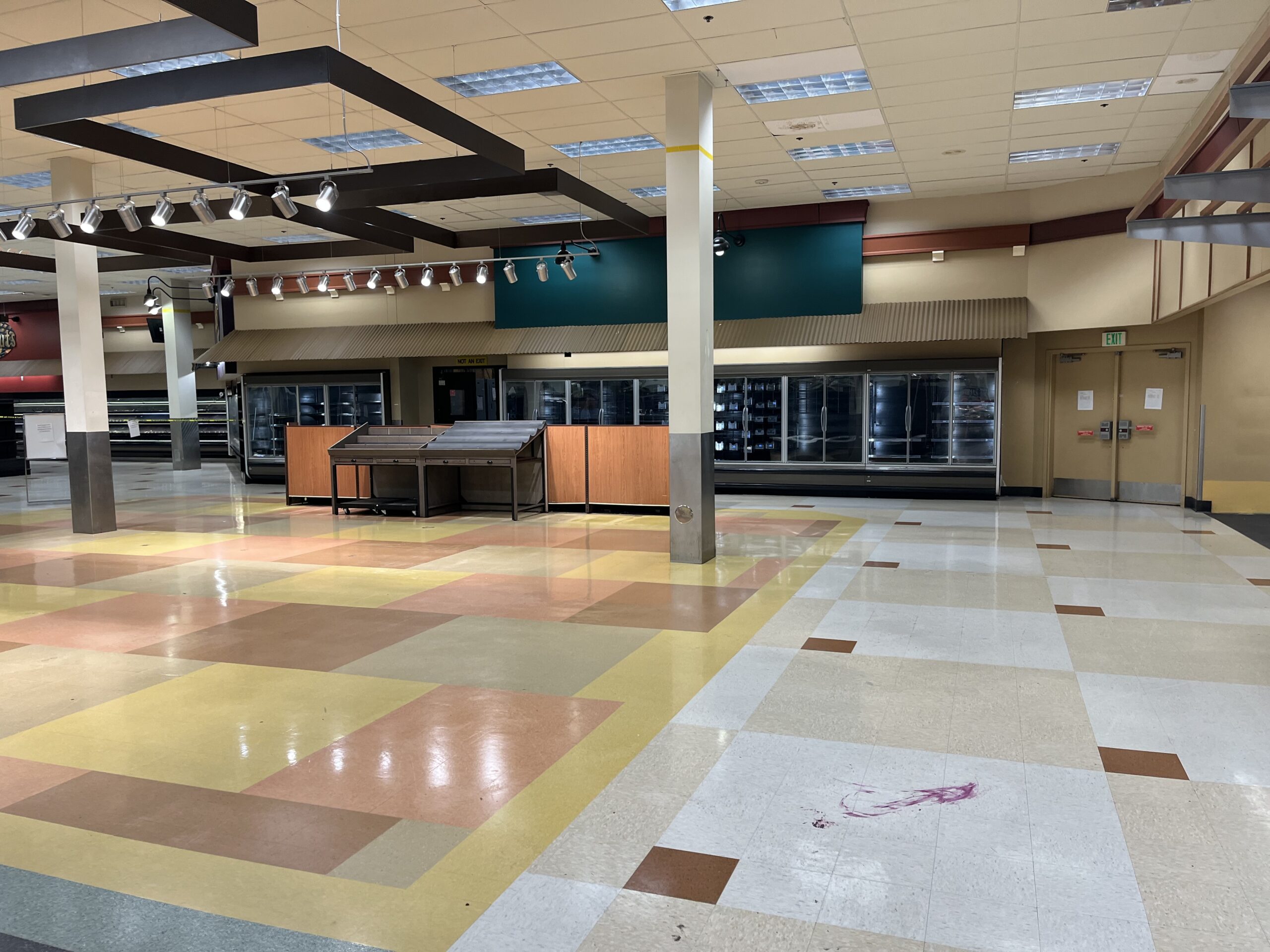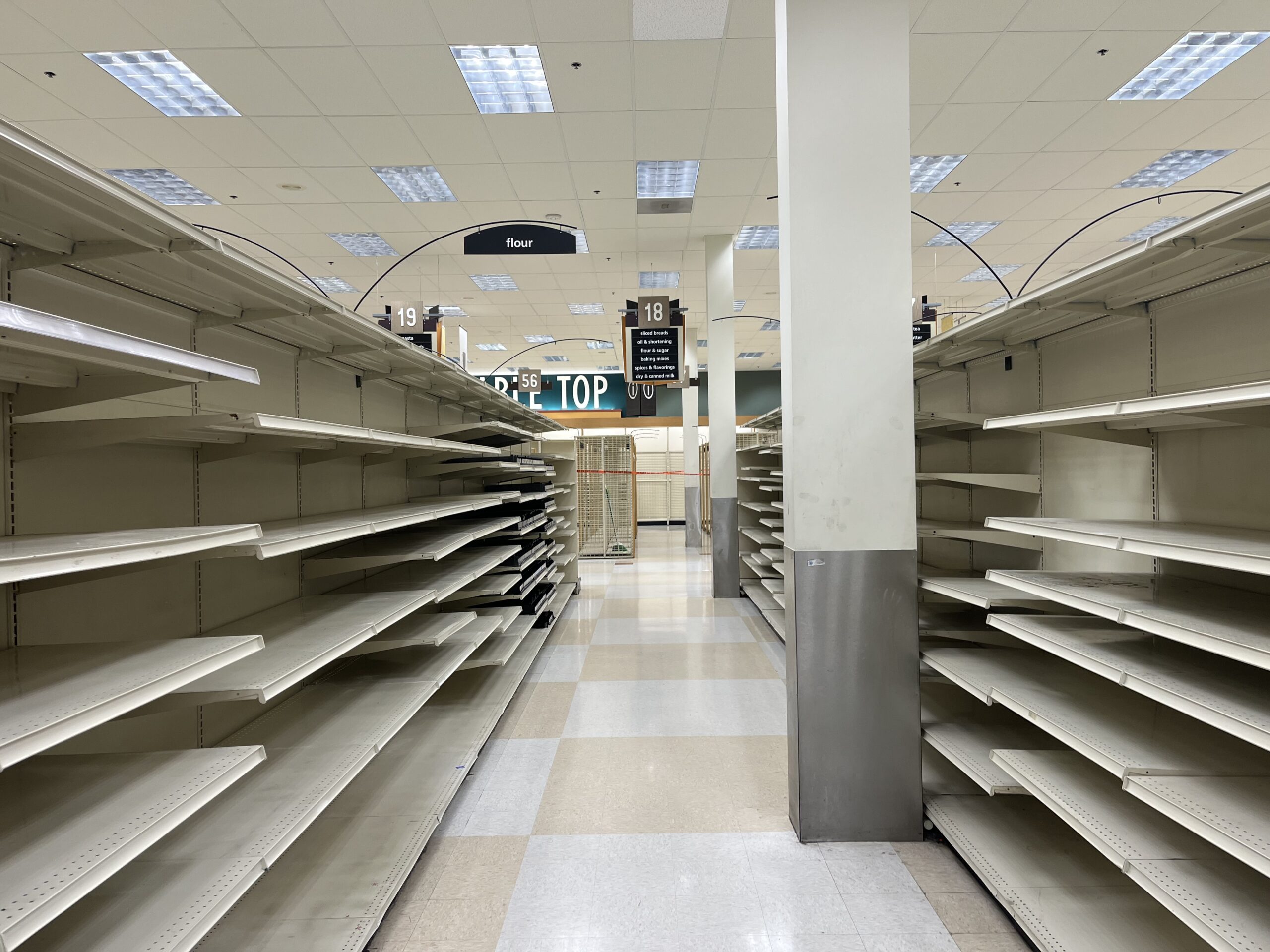OLYMPIA – Today marks the closure of the Lake City Fred Meyer. As someone who grew up and still lives just a few blocks from that store, this hits close to home. I still remember trailing behind my mom’s cart to the bakery for the free cookie that made every trip special – a small moment of connection that made our community feel like family.

While the Legislature continues its work to protect workers and strengthen food security across Washington – particularly for our most vulnerable communities, including people of color and working-class and low-income families – there’s no denying that this closure will make it harder for us to find fresh, affordable groceries close to home.

Decisions like this make workers and communities feel expendable. I was proud to support SB 5525, which expanded Washington’s version of the federal Worker Adjustment and Retraining Notification (WARN) Act. The law requires employers with 50 or more workers to provide at least 60 days’ notice before a closure or mass layoff. It also guarantees workers access to rapid response services, retraining programs, and unemployment support. Employers who fail to comply face penalties and liability for lost wages and benefits. It should be said that Kroger did follow the updated law and that all workers will be relocated to other stores.
But the impact extends beyond jobs. When a grocery store disappears, it leaves more than an empty building – it leaves a hole in the heart of the neighborhood. For families who already live with less, it means fewer choices, longer commutes, and deeper uncertainty. Our communities deserve better.

Last year and in 2024, House Democrats also advanced several measures to bolster food security and support working families:
- $128 million for Food Security & Assistance: Preserving pandemic-era emergency food support so families can continue to access critical nutrition assistance.
- HB 1652: Ending the garnishment of child support payments from families receiving TANF to better safeguard food and housing programs.
- SB 5214: Creating mobile markets to bring fresh, locally grown produce to underserved communities, especially seniors and WIC families.
I’m proud of the work we did, and yet, among massive federal cuts and the current government shut down, we have much more to do. Looking ahead to the 2026 legislative session, proposed legislation such as HB 1987 will help us further lay the foundation for a statewide food security plan focused on equitable access, supporting local producers, and promoting climate resilience.
It is well known that grocery stores operate on very thin profit margins, yet they are vital to the health and stability of our communities. Lake City cannot afford to lose a grocery store that can meet the needs of its residents. Therefore, this session, I’m preparing a package of legislation to incentivize and remove barriers to grocery stores operating in food deserts. This will include proposals such as tax relief for grocery vendors when operating long-term in underserved communities. My hope is that this helps quickly attract another grocery store to fill Fred Meyer’s place.

Like so many neighbors, I feel the loss of our store deeply. It was more than a place to shop – it was where community lived in the ordinary moments we shared. But the heart of Lake City has always been its people, whose resilience reminds us of what’s worth fighting for: a Washington where every community can thrive.
In solidarity,

Rep. Darya Farivar
